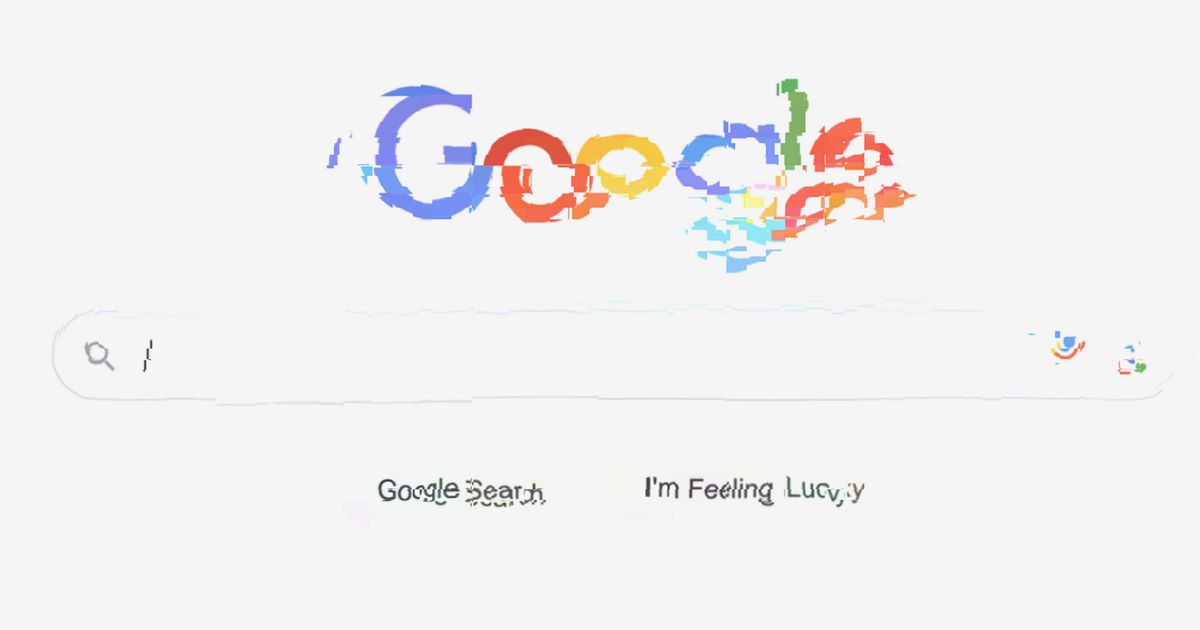
""Google is a monopolist, and it has acted as one to maintain its monopoly," concluded Judge Amit Mehta last year, in a significant ruling against the company. It had acted illegally to maintain a dominant position in search, Mehta concluded, with a variety of tactics, chief among them spending tens of billions of dollars to make Google the default search engine in desktop and smartphone web browsers."
"Last week, following a May trial, he outlined what would be done about it: Not very much at all, actually. No forced spin-off of Chrome. No breakup of Google's interdependent properties. No data-sharing from the company's advertising business. Most surprising was the lack of prohibition on search preference deals, a centerpiece of the ruling that would have been relatively straightforward to enforce."
"Instead, Google will be barred from 'any exclusive contract relating to the distribution of Google Search, Chrome, Google Assistant, and the Gemini app' - a rule that does not affect search default deals like the one Google has with Apple, on which the company spends 20 billion dollars a year - and will 'make available to Qualified Competitors certain searchindex and user-interaction data' from 'narrowed' datasets."
"These are the sort of focused, toothless remedies that one might have expected before Mehta's surprisingly strident ruling last year. But in its context, they come as a surprise, too, which Mehta acknowledges and tries to explain right away: Much has changed since the end of the liability trial, though some things have not. Google is still the dominant firm in the relevant product markets. No existing rival has wrested market share from Google. And no new competitor has entered the market."
Judge Amit Mehta concluded that Google is a monopolist and acted illegally to preserve its search dominance, largely by spending tens of billions to make Google the default search engine in desktop and smartphone browsers. After a May trial, the remedy package was narrow: no forced Chrome spin-off, no breakup of interdependent properties, and no advertising-data sharing. The ruling bars certain exclusive contracts relating to distribution of Google Search, Chrome, Google Assistant, and the Gemini app, but leaves major search default deals intact, including the Apple arrangement. Google must make some search-index and user-interaction data available to Qualified Competitors from narrowed datasets. Mehta noted generative AI and chatbots might change the competitive landscape.
Read at Intelligencer
Unable to calculate read time
Collection
[
|
...
]